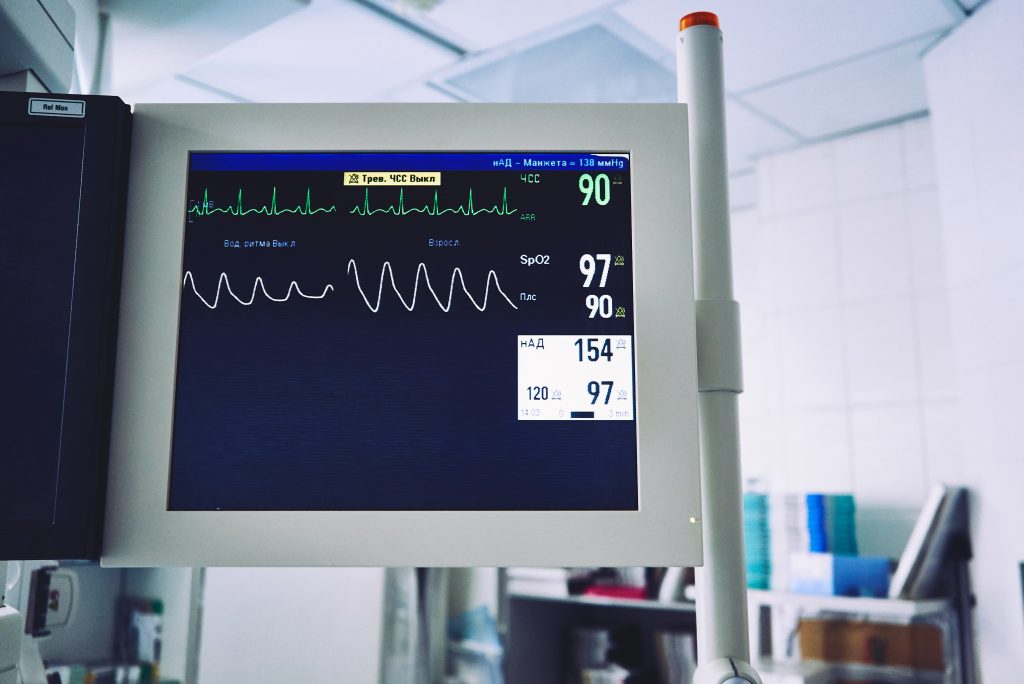High blood pressure, also known as hypertension, is a serious medical condition that can lead to heart disease, stroke, kidney failure, and other health problems. It is estimated that one in three adults in the United States has high blood pressure.
The good news is that there are many things you can do to control your blood pressure and reduce your risk of developing complications. Lifestyle changes are often the first line of treatment for high blood pressure, and they can be very effective in lowering blood pressure and improving overall health.
Here are some of the most important lifestyle changes you can make to control high blood pressure:
Maintain a healthy weight
Excess weight puts extra strain on your heart and blood vessels, which can lead to high blood pressure. Losing even a small amount of weight can help lower your blood pressure.
Eat a healthy diet
Eating a healthy diet is one of the best things you can do for your overall health, including your blood pressure. A healthy diet includes plenty of fruits, vegetables, and whole grains. It is also low in saturated and trans fats, cholesterol, and sodium.
Exercise regularly
Exercise is another great way to lower your blood pressure. Aim for at least 30 minutes of moderate-intensity exercise most days of the week.
Limit sodium intake
Sodium is a major contributor to high blood pressure. Aim to limit your sodium intake to 2,300 milligrams per day, or 1,500 milligrams per day if you are over the age of 50 or have high blood pressure, diabetes, or chronic kidney disease.
Limit alcohol intake

Alcohol can raise blood pressure. If you drink alcohol, do so in moderation. For women, this means no more than one drink per day, and for men, it means no more than two drinks per day.
Quit smoking
Smoking damages blood vessels and raises blood pressure. Quitting smoking is one of the best things you can do for your blood pressure and overall health.
Manage stress
Stress can also raise blood pressure. Find healthy ways to manage stress, such as exercise, yoga, or meditation.
Get enough sleep
When you don’t get enough sleep, your body produces more of the stress hormone cortisol, which can raise blood pressure. Aim for 7-8 hours of sleep per night.
See your doctor regularly
It is important to see your doctor regularly for checkups and blood pressure monitoring. This will help you track your progress and make sure your blood pressure is under control.
If you have high blood pressure, making lifestyle changes is the best way to control it. By following the tips above, you can lower your blood pressure and reduce your risk of developing complications.
Here are some additional tips for making lifestyle changes to control high blood pressure:

- Make small changes gradually. It is easier to stick to changes if you make them gradually. For example, start by reducing your salt intake by 500 milligrams per day. Once you are comfortable with that change, you can reduce your salt intake even further.
- Find a support system. Having friends or family members who are also trying to make lifestyle changes can help you stay motivated. You can support each other and share tips and advice.
- Don’t give up. Making lifestyle changes can be challenging, but it is important to stay focused on your goals. Remember that even small changes can make a big difference in your blood pressure and overall health.
Diet and Exercise
Diet and exercise are two of the most important lifestyle changes you can make to control high blood pressure.
Diet
A healthy diet for high blood pressure is low in saturated and trans fats, cholesterol, and sodium. It is also high in potassium, magnesium, and calcium. These nutrients can help lower blood pressure and improve overall heart health.
Here are some tips for following a healthy diet for high blood pressure:
- Eat plenty of fruits, vegetables, and whole grains. Fruits, vegetables, and whole grains are low in calories and sodium and high in potassium, magnesium, and calcium. Aim to fill half your plate with fruits and vegetables at every meal.
- Choose lean protein sources. Lean protein sources, such as fish, chicken, beans, and tofu, are low in saturated and trans fats. Avoid processed meats, such as bacon, sausage, and hot dogs, which are high in saturated and trans fats and sodium.
- Limit your intake of saturated and trans fats. Saturated and trans fats can raise blood pressure. Choose healthy fats, such as olive oil, avocado, and nuts, instead.
- Limit your intake of cholesterol. Cholesterol can raise blood pressure. Choose lean protein sources and low-fat dairy products to limit your intake of cholesterol.
- Limit your intake of sodium. Sodium is a major contributor to high blood pressure. Aim to limit your sodium intake







